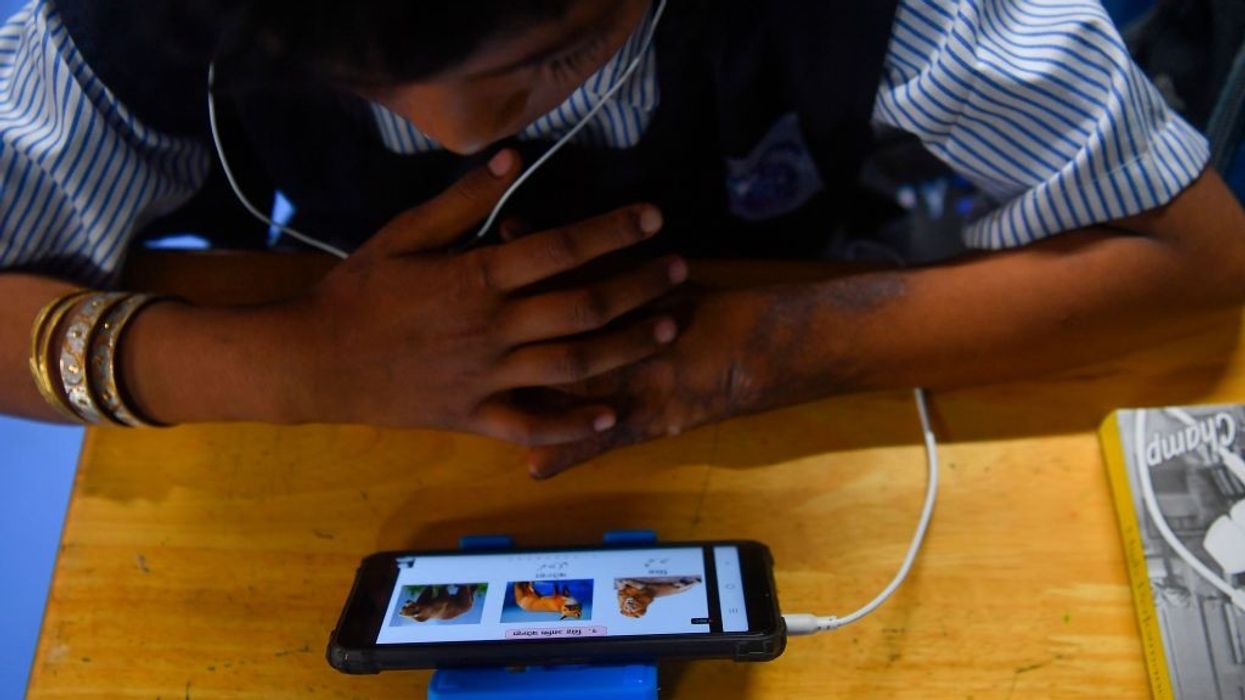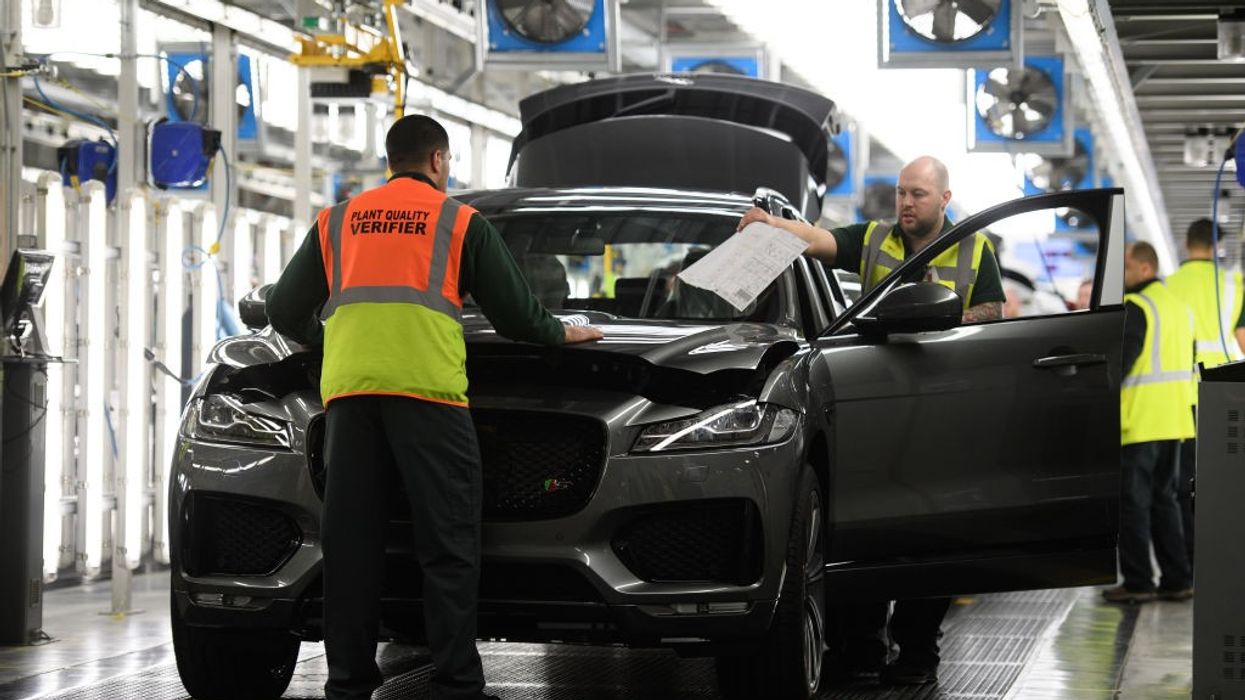INDIA's digital inclusion might get momentum due to recent policy moves including easier approvals for satellite broadband network rollouts, and the imminent launch of satellite broadband from India's Bharti Airtel and Jio Platforms, Elon Musk's Starlink, and others.
There are currently more than 800 million internet subscribers in the nation of 1.3 billion people, according to the telecom regulatory authority (TRAI). Yet in rural India, only about 38 per cent of the population is connected to the internet.
The government has made universal broadband a priority under its Digital India programme to improve governance through technology, with projects such as the Bharat Net rural broadband project aimed at connecting about 650,000 villages nationwide.
But digital inclusion "continues to remain a distant reality for most parts of rural India", marred by delays in implementation, and a lack of access and digital literacy, according to a report from the Indian Council for Research on International Economic Relations (ICRIER), a policy think-tank.
"With the saturation of urban markets, there is keen interest among service providers to increase rural subscribership," said Mansi Kedia, a fellow at ICRIER, and a telecoms and internet expert.
"But rural connectivity should look beyond the dominant technology - optical fibre and mobile communications. The use case for satellite broadband is the strongest in rural areas - it can help achieve connectivity at much lower costs," she said.
The UN stated in 2016 that internet access is a human right, adding a clause to the Universal Declaration of Human Rights on the "promotion, protection and enjoyment of human rights on the internet," including for women, girls, and those impacted by the digital divide.
India was among several countries that opposed the amendment at the time, and the country has among the most internet shutdowns in the world.
It also has one of the lowest charges for mobile data globally, helping mobile wireless to account for the bulk of the country's 834 million internet subscribers. Only about 24 million subscribers have fixed internet connections.
Besides government programmes, private-sector and philanthropic initiatives have also helped build last-mile connectivity and increase digital literacy in rural areas.
"The big telcos will only go into rural areas if it makes economic sense, as it's more expensive to build infrastructure, and it is for a customer base with less ability to pay," said Michael Ginguld, a director at AirJaldi, which provides affordable networks in rural and semi-urban areas in India.
"The deeper you went into rural areas, the less demand there was - they can watch a show or a film on their phones. But this is changing, and COVID has hastened that shift, with demand for better connectivity to access education or healthcare," he said.
AirJaldi, which has partnered with Google, Facebook and Microsoft on internet projects, reaches more than 200,000 users in about 1,500 villages in India, including some that had no mobile connectivity previously.
Earlier this year, OneWeb and Hughes Communications India - a joint venture with Bharti Airtel - said they had an agreement to bring low Earth orbit (LEO) satellite broadband services, "especially in areas outside the reach of fibre connectivity".
Last month, Jio Platforms - owned by billionaire Mukesh Ambani - said it would launch satellite-based broadband services in India with Luxembourg-based telecom company SES, using geostationary and medium Earth orbit (MEO) satellites.
Also in the mix is Musk's Starlink, which is waiting for its licence in India, and has already launched about 2,000 of its intended 42,000 LEO satellites to deliver internet across the globe. Amazon's Project Kuiper is another potential entrant.
"The fixed costs for satellite broadband are high, but it has a lower cost of implementation for larger geographical coverage and lower population density, as compared to technologies such as optical fibre cable," said Kedia.
(Reuters)














